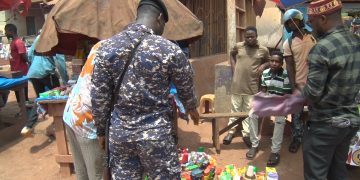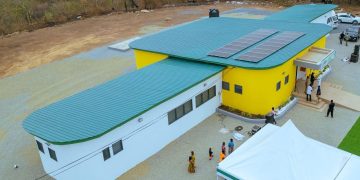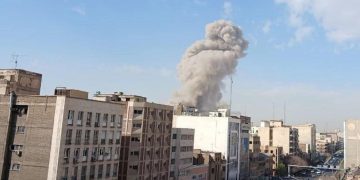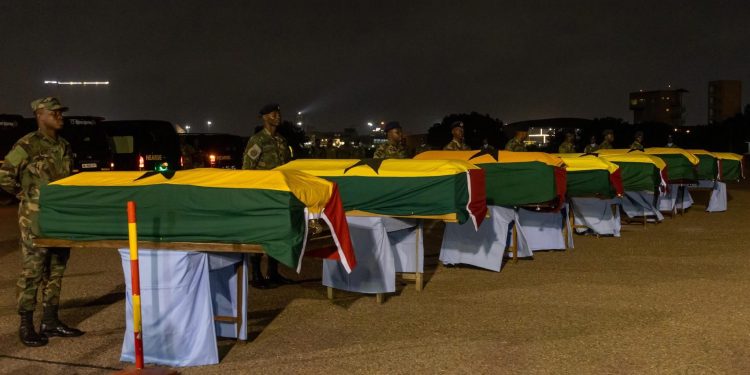Prof. Paul Ossei Sampene, a respected Forensic Pathologist and Senior Lecturer at Kwame Nkrumah University of Science and Technology (KNUST), has sharply criticized the Ghanaian government for sending the remains of eight public officials, who died in the recent Ghana Armed Forces Z-9 helicopter crash in Adansi, Ashanti Region, to South Africa for DNA identification.
In an interview with Kumasi based Angel FM monitored by Kumasimail, Prof. Sampene expressed deep disappointment in the decision, highlighting the undermining of local forensic experts and pathology institutions.
He emphasized that the act not only disrespects the pathologists trained domestically but also reflects poorly on the government’s confidence in its medical and forensic capabilities.
“It casts a very negative light on our medical system and the Ministry of Health. The government may think they are disregarding us, but they are essentially disgracing themselves,” Prof. Sampene said.
Drawing from his own experience, he recounted the significant investment the Ghanaian government made when sponsoring his seven-year pathology training in Germany.
“Thanks to President Kuffour, they took me to Germany for seven years. Even in medicine, no specialty is studied for seven years; this does not usually happen, but for Pathology, I spent seven years. I spent seven good years in Germany learning Pathology to come back and assist, teach, and train people, and when we returned, we were able to help the system,” he added.
He cited the landmark Takoradi septic tank case, where local pathologists led the forensic investigations, which were instrumental in securing legal judgments and sanctions.
Prof. Sampene questioned what had changed since then to warrant bypassing local expertise for the current identification process.
Prof Sampene asked, “So, what has changed in this particular case? I don’t know what has changed; probably they are going to do something that we don’t know or do not have the capacity to do. Otherwise, if it is just identification as Hon. Muntaka said; that they are going to identify it there and need it urgently- I can assure you there is no urgency when dealing with human beings. Forensic processes require methodical, time, and calm to do such things.

“I don’t see how it will be done immediately once they go. Whether the next day but at least it will take one or two weeks before they return. Is this urgent? It’s not urgent. So, it is a disgrace; they have disgraced themselves and, in the same way, disgraced the nation, as if we don’t have the human capacity for that matter,” Prof Sampene firmly stated emphatically.
According to Prof. Sampene, Ghana possesses the necessary human resources and technology for DNA identification. He added that even if some specialized equipment is not available, the machines required for such forensic work are relatively small and manageable.
“Even if we don’t have that particular machine in Ghana, what kind of DNA machine is it? The machine used for DNA analysis is a small device, not a big one.”
He dispelled any suggestion that handling the deceased presents ethical or safety concerns, affirming that once a person is deceased, there is no harm in conducting necessary forensic tests.
Prof Sampene remarked, “There’s no fear anywhere. The moment a person is dead, he is the most peaceful, humble, and kind person you will find on earth. So, there is nothing to fear when dealing with such people.”
Again, Prof Sampene clarified misconceptions about the condition of the remains, stating that the victims were not reduced to ashes by the crash and that only small tissue samples, rather than entire bodies, are required for DNA analysis.
“The remains may be charred, but human bodies cannot be completely burnt to ashes without cremation procedures. We only need small samples for testing,” he explained.

Source: www.Kumasimail/Kwadwo Owusu



































































